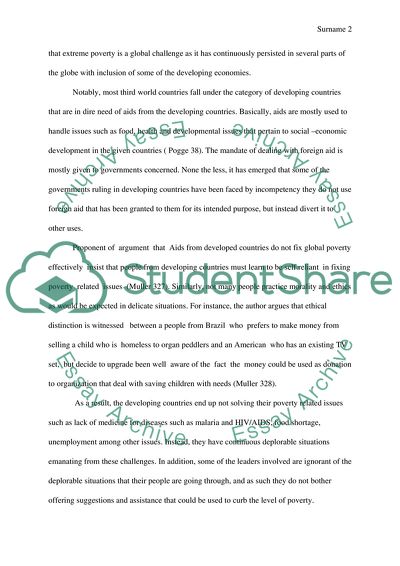Cite this document
(How Is Global Poverty Viewed in the Modern World Essay, n.d.)
How Is Global Poverty Viewed in the Modern World Essay. https://studentshare.org/sociology/1803736-global-poverty
How Is Global Poverty Viewed in the Modern World Essay. https://studentshare.org/sociology/1803736-global-poverty
(How Is Global Poverty Viewed in the Modern World Essay)
How Is Global Poverty Viewed in the Modern World Essay. https://studentshare.org/sociology/1803736-global-poverty.
How Is Global Poverty Viewed in the Modern World Essay. https://studentshare.org/sociology/1803736-global-poverty.
“How Is Global Poverty Viewed in the Modern World Essay”. https://studentshare.org/sociology/1803736-global-poverty.


